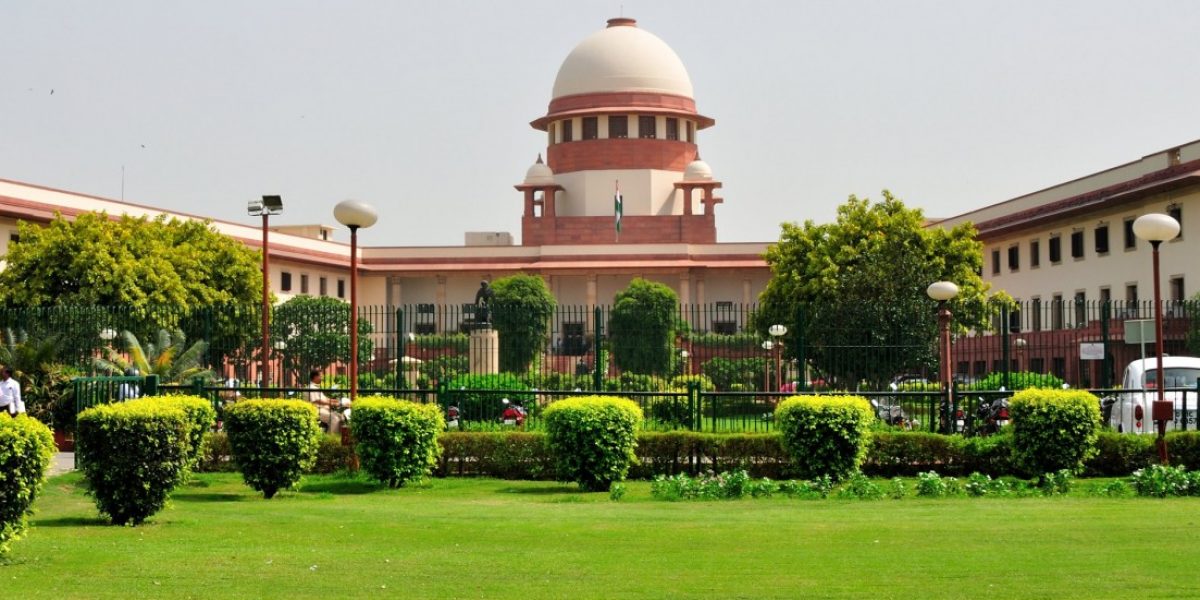The Supreme Court in the case P Sivakumar vs State observed that the conviction under Section 498-A of the Indian Penal Code, 1860 would not be sustainable when the marriage was found to be null and void.
In the present case, the said accused is being convicted for the offences punishable under Section 498-A of the Indian Penal Code, 1860 and Section 3 and Section 4 of the Dowry Prohibition Act, 1961. It has been contended by the Apex Court in an appeal that the marriage between the parties has been held to be null and void by the judgment of the High Court of Madras, the conviction made under Section 498-A of the Indian Penal Code would not be sustainable. The court also placed Reliance on the decision in the case Shivcharan Lal Verma v. State of Madhya Pradesh.
The bench comprising of Justice B R Gavai and Justice Vikram Nath in the case observed that the marriage between the appellant No.1 and PW-1 has been found to be null and void. As such the conviction under Section 498-A of the Indian Penal Code, 1860 would not be sustainable in view of the judgment of this Court in the case Shivcharan Lal Verma’s case supra. The court observed with regard to the conviction under Section 3 and Section 4 of the Dowry Prohibition Act, the court noted that the trial Judge by an elaborate reasoning, arrived at after appreciation of evidence and it has been found that the prosecution has failed to prove the case beyond reasonable doubt.
Further, the bench stated in an appeal/ revision, the High court could have set aside the order of acquittal only if the findings can be set aside by the order of acquittal only if the findings as it is recorded by the trial Court were perverse or is impossible. Therefore, the court do not notice any perversity in the approach which is being adopted by the learned trial Judge. The said view of the trial Court also cannot said to be impossible. Accordingly, the bench allowed the appeal and acquitted the appellants.

















